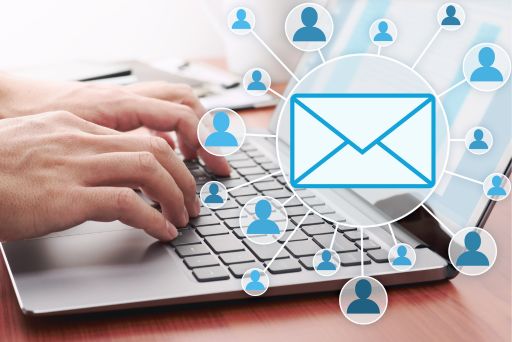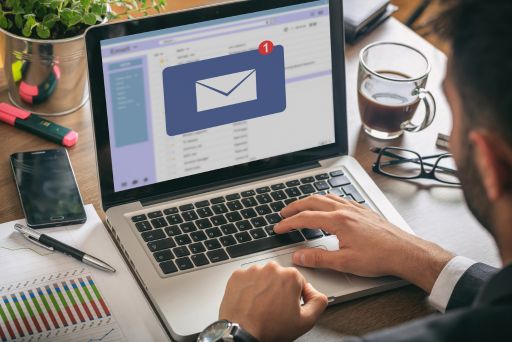
If you’re not using email marketing in your small business, it’s time to fix that! Email marketing is an essential tool for small business owners. It’s the perfect way to reach out to your customers, remind them of your business and build a community.
While it’s great to build a relationship with your customer base, email marketing needs to bring in more business. The following tips will help you create better emails that will convert email addresses to sales.
Create an Attention Grabbing Subject Line
Your subject line is the first impression you’ll make with your readers. A lot of times, it’s the only part of your email that your customers will read. Which is why it’s so important that you make it intriguing.
A good rule of thumb, when you’re crafting a subject line for your email marketing campaigns, is to keep it short. Some screens cut subject lines off after 50 characters. Effective subject lines get to the main point quickly, but still leave the reader intrigued enough that they’ll open the email. If you can’t fit everything in the email, use the pre-header text to give more information about what’s in the email.
Another good practice is to tell your customers what they can expect from the email they’re about to open. If you’re sending a freebie then let them know! Your content should be enticing so that when you tease it in your subject line people can’t wait to open it.

Make Your Email Marketing Personal
Small businesses have a leg up over big companies in one particular area: they can get to know their customers on a personal level. As a small business owner, you probably know most of your clients. You can strike up a conversation with them and remember details of their lives. This relationship is what drives people to your company. You need to replicate this relationship in your emails.
The easiest way to make your email marketing more personal is to use customers’ names throughout the email. Most email marketing services use coding to input your customer’s name in an email. This makes it easy to send bulk emails that are still personalized. Make sure you use your customer’s names throughout the email and not just at the beginning. People love hearing their own name and if they come across it in the copy of the email it will draw them back in and keep their attention.
Make Your Emails Easy to Read
If you’ve crafted an attention grabbing subject line, you can get your emails opened. However, if you don’t make your marketing emails easy to read, you’ll never make the sale. A reader should flow easily through your email. The main points should be easy to discern. If your reader only has a couple of minutes to scan your email they should be able to get everything they need quickly.
Big brands are great at all of these techniques. One trick they use to make emails easy to read and still draw the reader in is graphics. Instead of saying “We’re having a great sale!” in text they put it on an image. The word “SALE!” on a picture takes less time to read and digest, and it grabs your attention. Infographics and charts are also useful when you’re trying to get people’s attention.
Make Mobile Friendly Campaigns
Finally, when you’re creating an effective email marketing campaign, you’ll want to make sure it’s mobile friendly. Most people open their emails on mobile devices. In fact, 53% of emails are opened on phones. This trend is only increasing, so it’s critical that you understand how to create emails that work on computer and phones.

The most important part of creating a mobile friendly is making sure it will fit on a smaller screen. It’s best to design your email in one column. This helps people to see it on a small screen without making the user scroll to the left or right.
We talked about using graphics in your emails to make things stand out, but you need to be careful with images. They need to be optimized so that they load quickly, and you need to add descriptive text (also known as alt text) so that if the image fails to load, the reader can still get a sense of what the image was. Experts recommend using 3-5 images in an email.



